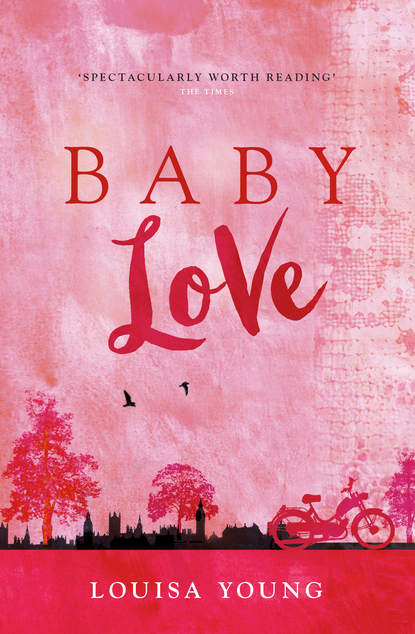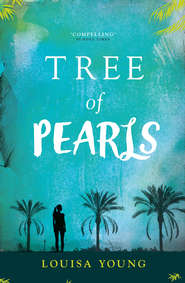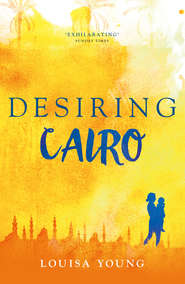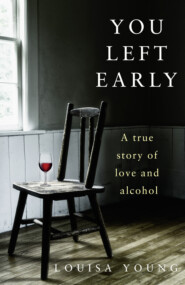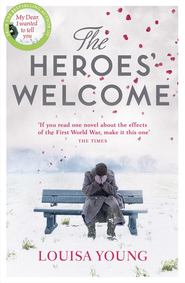По всем вопросам обращайтесь на: info@litportal.ru
(©) 2003-2024.
✖
Baby Love
Автор
Год написания книги
2019
Настройки чтения
Размер шрифта
Высота строк
Поля
My baby isn’t mine. It sounds strange to say it, because she is so much mine it hurts, but technically she’s not mine. My sister Janie was killed three years ago in the same crash that screwed up my leg. She was on the back of my bike. I was riding it. I was not responsible. Like hell. Technically, I was not responsible.
Lily was born just as Janie died, snatched from her belly and the jaws of death. It must be weird doing a Caesarean on a dying woman. I wasn’t there. But as soon as I was conscious I knew.
The baby was in intensive care. Janie was in the morgue. My mother was in despair. My father was incandescent with rage. I was in traction. And where was Jim, Janie’s about to be ex-boyfriend, or so she swore though she never got round to telling him, or he never got round to listening. We didn’t know where Jim was.
‘You mustn’t worry about it,’ my mother repeated like a mantra over the hospital soup. ‘You just take time to get better. You mustn’t worry. You mustn’t worry.’
She was talking to herself, of course, telling herself not to worry. Just chanting, quietly, for comfort. She was in shock, I suppose. Dad just strode the green-tiled corridors, up to the baby unit, down to me, up to the baby unit, down to me. He was like one of those depressed animals in the zoo, repeating and repeating his movements, up and down, up and down, to and fro, to and fro, in the cage of his disbelief. I was no different: my thoughts spun to and fro like her words and his feet. ‘Where’s Jim, how can we keep the baby from him, when can I walk, when can I walk, where’s Jim, I’ve got to get the baby, when is Jim going to walk in here, when can I walk, where’s the baby?’ You never know how grief will get you, until it does. All I wanted was to do things, as if doing things might change the big thing. But I couldn’t do anything. Not even the normal things you do whether or not there is grief. Couldn’t go out, or be at home, or cook, or move … I filled my time by demanding to see doctors, as if the more I saw of them the quicker I could be better. All that happened was they began to hate me.
There was a nice nurse, Dolores. She was on nights, and didn’t make me take my pain-killers. ‘I have to think,’ I said. ‘Don’t make me drugged.’
She went along with me for a while and then said: ‘You’re only thinking the same things over and over, why bother? If you’re not going to do anything, you should just get some proper rest.’
‘How do you know what I’m thinking?’ I asked her.
‘You’re talking in your sleep,’ she said.
I told her about it. How Janie was only on the back of my motorcycle eight and a half months pregnant because Jim had made one of his fairly regular phone calls that he didn’t give a fuck about any fucking injunction she said she’d take out and he was coming over now. How he’d done it before. How Janie preferred a dashing escape courtesy of her sister. How I didn’t know for certain that what she escaped from would have been as bad as what she got.
What if Jim comes for Lily?
‘What if he comes!’ I was shouting, shouting and fighting through flame, floating, clutching a child, someone was holding my ankles and my leg came off in their hand, and I floated on up and up without it …
I woke to find myself in Dolores’ arms, my head on her shoulder. The nightlights glowed, the plumbing rumbled. Hospital smell, hospital heat. Dolores’ big brown eyes in the dimness. Why am I so comforted by the idea of an African night? She gave me a glass of water and wrapped a blanket round my shoulders.
‘I looked upstairs before I came in,’ she said. ‘The little one’s OK. She’s weak but she’s OK. No one going to take her anywhere, that’s for sure.’
‘He’s her father,’ I mumbled.
‘She registered yet?’
‘No.’
‘Nobody knows who’s her father then. We don’t know him. Her mother dead.’
‘He’s a pig.’
‘You can’t do anything yet,’ she said.
‘He could turn up any time.’
‘Child’s on a tube. She’s not travelling.’
‘I must have her. I must, you know.’ I knew. There was never any question. Little Janie, my little sister, all of ten months younger than me.
‘Think about that then,’ said Dolores.
‘Yes.’
‘Can you keep her? Can you feed her? You a sensible woman? What your husband say?’
‘No husband.’
‘That’s hard.’ I looked up at her. She knew how hard it was.
‘How many do you have?’ I asked.
‘Three,’ she said. ‘Kwame, Kofi and Nana. My mother helps.’
I can keep a child. I can work. (Jesus. I’m a dancer. My leg is in traction. I’ll have to be something else, then. Can I work? Yes. There is no question.)
‘But he’ll be able to take her.’
‘Fight for her.’
Fight. How? In court? Adoption? How does that work? He’d have to agree. Would he agree? Would he have to agree?
‘I tell you two things,’ murmured Dolores. ‘Possession is nine-tenths of the law. And nothing succeed like a fait accompli.’
‘When can I walk?’
‘Consultant coming round in the morning.’
He won’t tell me anything. They never say anything in case you sue them when it takes longer, or doesn’t work out the way they said it might. Got to walk, got to walk.
I slept again, and dreamt of faits accomplis.
*
The next morning I had the day nurse wheel the ward pay-phone over to me and called Neil.
‘Janie’s dead and I want to keep her child.’
Neil was silent for a moment.
‘Janie’s dead.’
‘Yes.’
He started crying. I sat there. Fed in another 10p. I didn’t cry. He continued.
‘I’m so, so …’
‘Yes,’ I said.
‘How?’ he said.
‘Crash.’





